Question And Answer
Publications
Articles, publications, books, tools and multimedia features from the U.S. Institute of Peace provide the latest news, analysis, research findings, practitioner guides and reports, all related to the conflict zones and issues that are at the center of the Institute’s work to prevent and reduce violent conflict.
On the Issues: North Korea
One day after North Korea’s nuclear test drew widespread condemnation, the country on May 26th test-launched two more short-range missiles. This marks Pyongyang's second nuclear test, after its first in October 2006. Amid rising tensions on the Korean peninsula, South Korea joined the Proliferation Security Initiative, a U.S. initiative to curb the trade of weapons of mass destruction, an action North has called a declaration of war.
On the Issues: the New START
Ambassador Jayantha Dhanapala explains the significance of the new Strategic Arms Reduction Treaty (START), as signed by U.S. President Barack Obama and Russian President Dmitry Medvedev on April 8, 2010.
The Sinking of South Korea’s Naval Vessel
The Cheonan, a 1,200-ton South Korean naval vessel, sank on March 26 when an explosion split it apart in one of the country’s worst naval disasters. North Korea has officially denied involvement and accused South Korean President Lee Myung-bak of using this tragedy to bolster support for his hard-line North Korea policy.
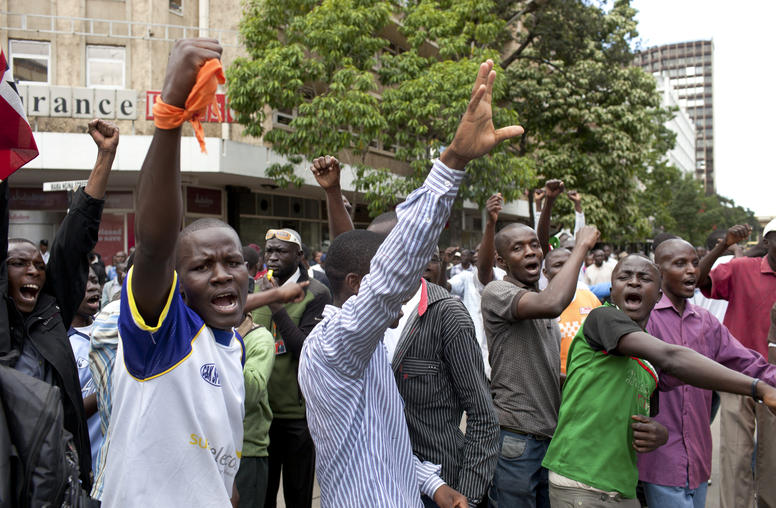
Tension Rising Ahead of Kenya, Liberia 2017 Elections
With elections coming up next year in Liberia and Kenya, the time for early and sustained efforts to prevent clashes is now. Forthcoming USIP research shows that domestic institutions hold the key: election commissions, the police and, above all, political leaders. Any international support to those institutions and leaders must now move from plans to action in order to achieve any desired impact amid rising tensions.
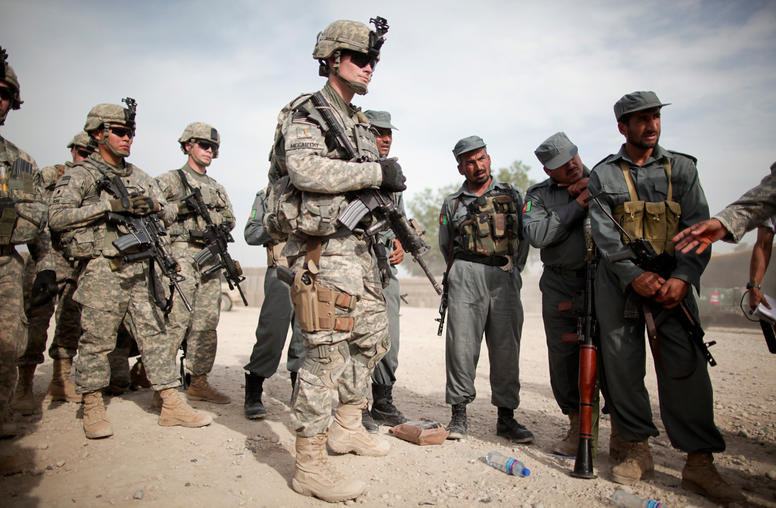
Violent Conflict and Vital Interests: Keeping Focus
Over the next decade, the United States can expect to face complex foreign challenges from terrorism, insurgencies and internal conflicts fanned by external sponsorship, but the threat of conventional state-on-state wars, including direct assaults on the American homeland, have significantly diminished, according to retired Lt. General Douglas Lute, the former ambassador to the North Atlantic Treaty Organization.
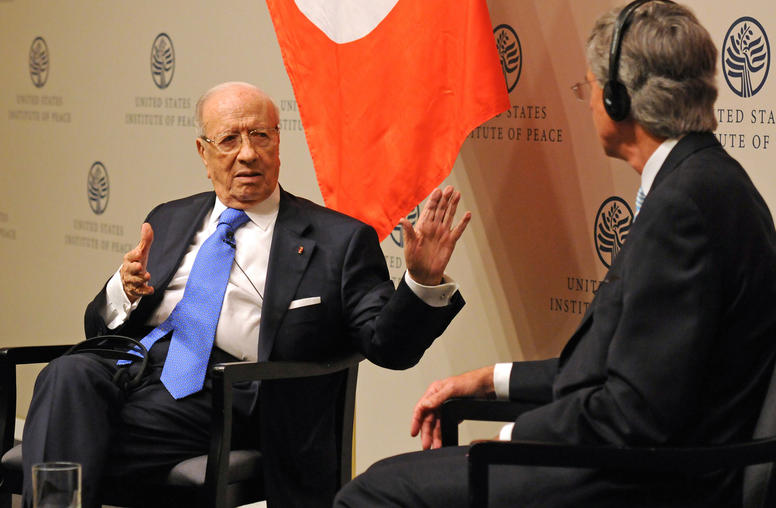
Violent Extremism: Muslim Democrats as Part of Solution
The White House account of President Donald Trump’s first phone call with Tunisian President Beji Caid Essebsi is a good sign that the U.S. might continue to work cooperatively with moderate Muslim political leaders who can contribute to global stability and aid in reducing violent extremism.
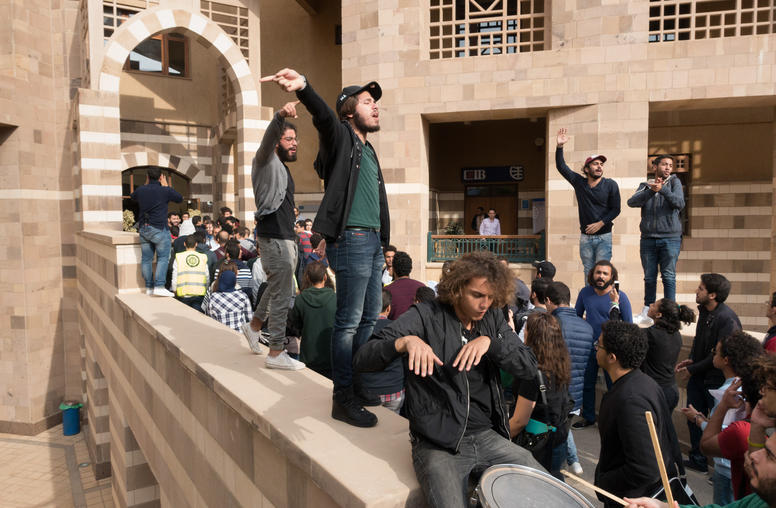
The U.S. Should Not Just Watch North Africa Slip into Chaos
Curbing US involvement abroad was a signal campaign promise of the new US administration. Anything that smacked of nation-building drew the sharpest criticism. The appeal to many voters of such disengagement is understandable and the view is woven into an evolving foreign policy.
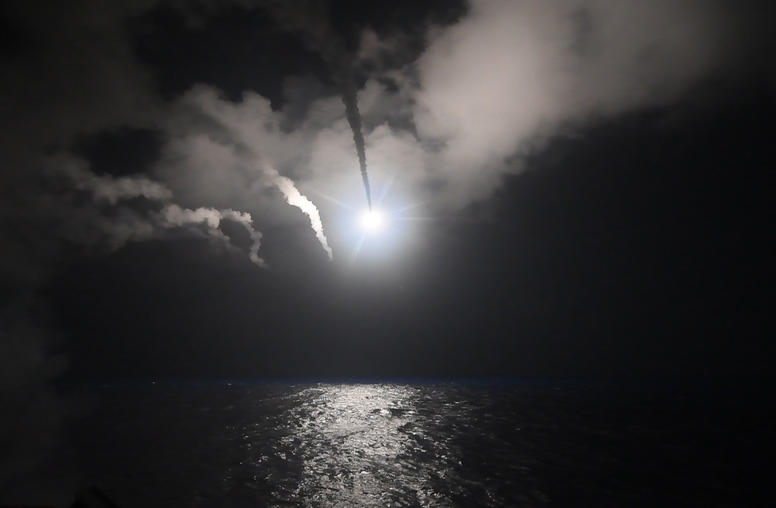
Q&A: Will U.S. Strikes on Syria Change Conflict’s Course?
The United States launched its first air strikes against forces backing Syrian President Bashar al-Assad since the country’s civil war began six years ago, in retaliation for a chemical-weapons attack that killed more than 80 civilian men, women and children. Elie Abouaoun, who is director of Middle East and North Africa programs at the U.S. Institute of Peace and is based in the region, examines the strategic implications, and USIP President Nancy Lindborg, who has worked for nearly 30 years on humanitarian crises and areas affected by conflict, comments on the factors that prompted the U.S. attack.
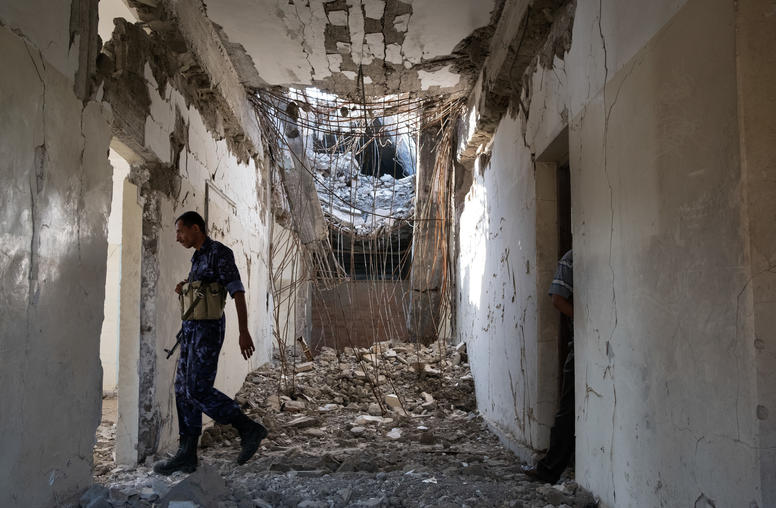
Beneath the Saudi-Iran Proxy War in Yemen, Part 1
Looking at the maneuvers by Iran and the Saudi-led coalition in Yemen from afar, the battlefield looks a lot like a black-and-white contest for regional power. But as the U.S. considers escalating its role in the conflict—and Secretary of Defense Jim Mattis visits Riyadh this week—it is essential to understand how local realities can get lost in a proxy war.
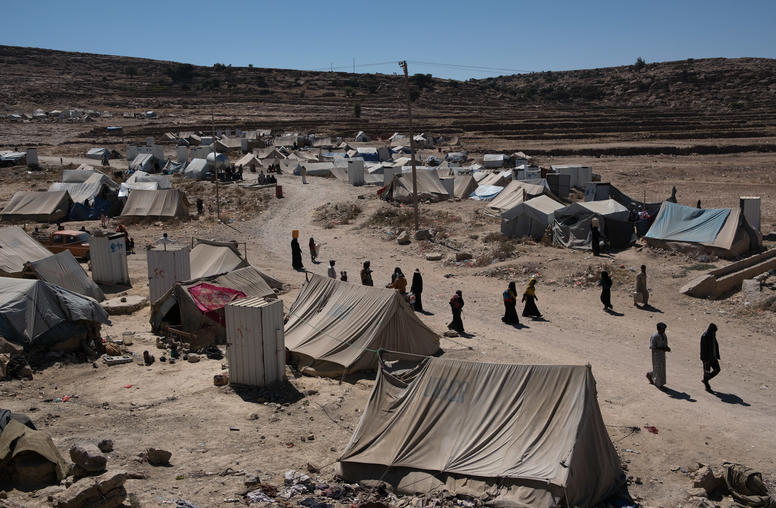
Beneath the Saudi-Iran Proxy War in Yemen, Part 2
The strategic clash between Saudi Arabia and Iran in Yemen masks multiple layers of conflict underneath that have deepened—and in some ways altered—the country’s fractures in local politics, society and security. The chaos has devastated Yemen, one of the world’s poorest countries, and has the potential to burst beyond the nation’s borders and further destabilize an already troubled region. It also allows the likes of the Islamic State (ISIS) and Al-Qaeda in the Arabian Peninsula (AQAP) to thrive.